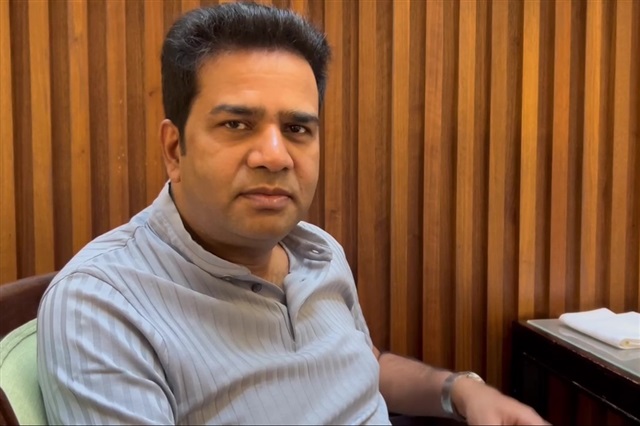Telangana pitches Taiwan chipmakers with 80% subsidies, deep tech talent pool
India's Telangana state is intensifying efforts to attract semiconductor investments from Taiwan, with senior state officials meeting leading tech firms and research institutions in Taipei to explore potential collaboration.

India’s rapidly growing semiconductor ecosystem is taking a decisive step toward becoming a global hub for advanced chip manufacturing, and Telangana’s latest initiative is a clear signal that the state is ready to play a starring role. In a series of high‑profile meetings in Taipei, Telangana’s senior officials met with leading Taiwanese chipmakers, research institutions, and technology firms to explore how the state’s incentives and talent base could support the next generation of semiconductor production. At the heart of the discussion is a bold subsidy package that promises up to 80 % of the capital‑expenditure cost for qualifying semiconductor plants. This is one of the most generous offers on the market today and is designed to offset the significant upfront investment required for advanced process nodes. By effectively lowering the financial barrier to entry, Telangana hopes to attract world‑class foundries and R&D centers that will bring both cutting‑edge technology and high‑wage jobs to the region. But the subsidy is only part of the story. Telangana is also keen to leverage its deep tech talent pool, which has been nurtured by a growing number of engineering and research institutions. The state has already established several technology parks and innovation hubs that host startups working on everything from photolithography tools to AI‑driven design automation. The presence of these ecosystems gives semiconductor players a ready workforce that is familiar with the intricacies of chip design, fabrication, and testing. During the visits, Taiwanese firms highlighted the importance of a local supply chain. Telangana’s officials outlined plans to create a robust ecosystem that includes semiconductor equipment suppliers, cleanroom construction firms, and specialized services such as metrology and testing. By building a vertically integrated environment, the state aims to make it easier for foreign investors to source critical components locally, reducing lead times and logistical complexity. The dialogue also touched on research collaboration. Both sides expressed enthusiasm for joint research projects, particularly in areas such as advanced packaging, quantum‑friendly designs, and AI hardware acceleration. Telangana’s universities and research labs have recently announced partnerships with global tech giants, signaling the state’s willingness to become a center of academic excellence in the semiconductor domain. For investors, the combination of a generous subsidy, a skilled workforce, and a supportive ecosystem creates an attractive proposition. For Telangana, the move is a strategic bet on the future of technology manufacturing—one that could place the state on the global map as a pivotal node in the world’s semiconductor supply chain. By offering substantial financial incentives and tapping into a thriving talent pool, Telangana is setting the stage for a new era of semiconductor innovation. As the global demand for chips continues to surge, the state’s initiative could well become a blueprint for other regions looking to boost their own high‑tech industries. (Source: Digitimes)